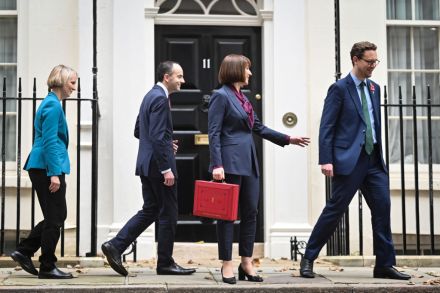Why is the UN meddling in France’s hijab ban?
The United Nations this week criticised France for refusing to allow women and girls to wear a Muslim headscarf on the sports field. In a report published on Monday, a panel comprised of what the UN called ‘independent experts’ concluded that France’s measures banning women from wearing hijabs in sports were ‘discriminatory’. The experts said that the measures ‘infringe on individuals’ [French athletes’] rights to express their religion, identity and beliefs, as well as their right to participate in cultural life’. They also said that France’s secularism laws, which were introduced in 1905 to counter the influence of the Catholic church, ‘are not legitimate grounds for imposing restrictions on the rights



















